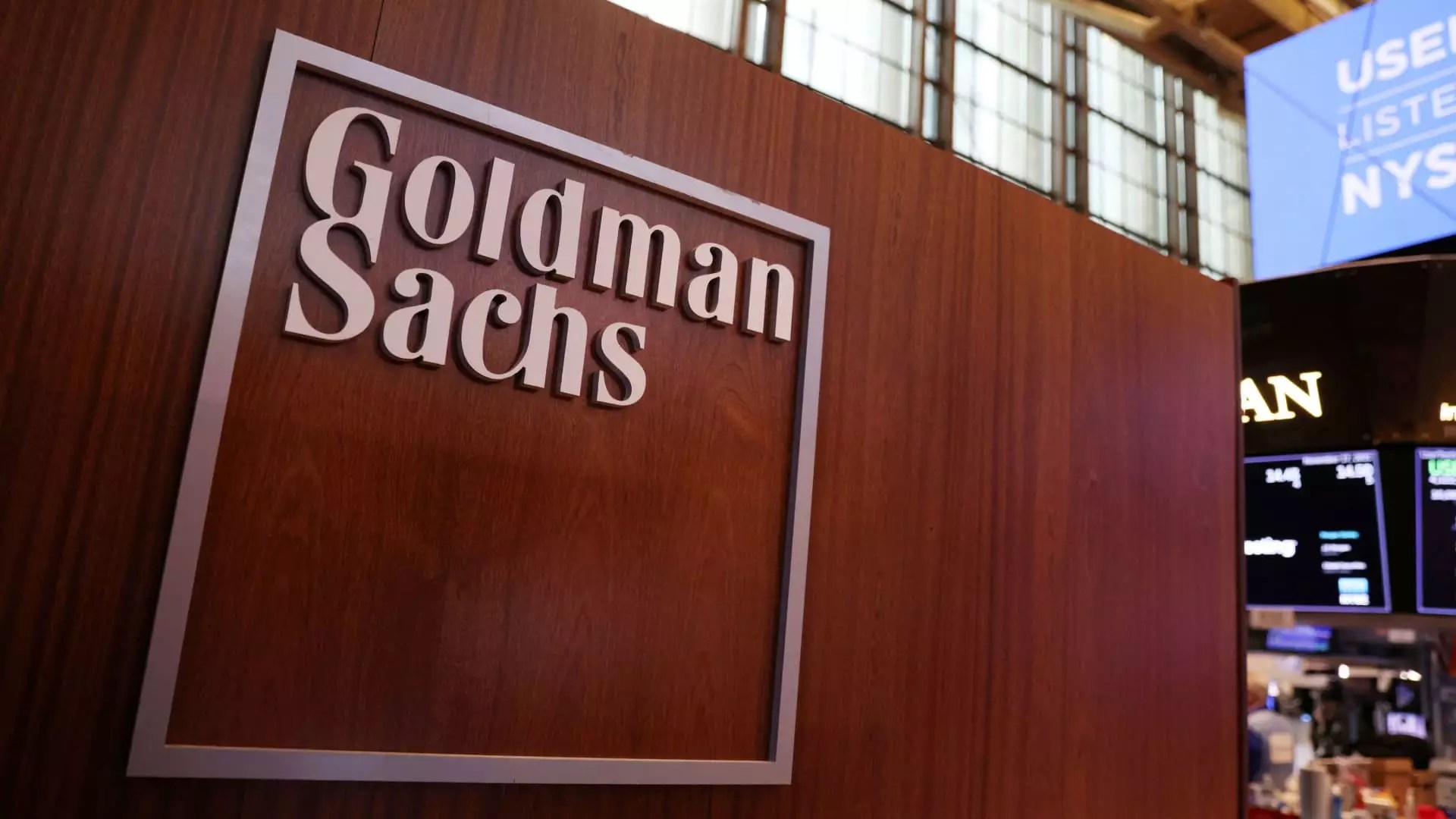The integration of autonomous AI systems like Devin into Goldman Sachs signals a seismic shift in the landscape of financial services. While the industry has long been associated with human expertise and nuanced judgment, the embrace of intelligent automation suggests a future where software transcends mere support roles to assume core operational functions. On the surface, this transition presents undeniable productivity gains—cost savings, speed, and efficiency—that appeal to a profit-centered ideology. However, beneath this veneer lies a much darker perspective: the erosion of opportunity for skilled workers, increased corporate monopolization, and a reckoning with the societal consequences of an over-reliance on machines.
Empowering AI to handle multi-step and complex tasks, as seen with Goldman’s Devin, reflects an aggressive shift toward replacing human labor with algorithmic precision. It’s not simply about augmenting human capabilities but recalibrating the entire value proposition of employment. The message from the tech giants and financial behemoths is clear: automation isn’t an alternative; it’s the future. And yet, this relentless march towards digitized dominance risks leaving behind a human workforce increasingly rendered obsolete, with middle-tier jobs in finance and technology facing imminent disappearance.
The Illusion of Augmentation: Who Really Benefits?
Certainly, advocates argue that AI-driven tools like Devin will serve as productivity multipliers, freeing skilled engineers from mundane tasks and enabling innovation. But this view is overly simplistic and frankly, naive. When automation begins to take over complex problem-solving, coding, and decision-making, the role of human expertise diminishes dramatically. It’s increasingly clear that the real beneficiaries of this technological shift are the corporations and their stakeholders, not the employees.
The economic logic underpinning AI adoption tends to prioritize shareholder returns over worker security. The promise of efficiency often masks the threat of mass layoffs, with estimates suggesting hundreds of thousands of jobs at banks and financial institutions could vanish within five years. While some executives promote the idea of a “hybrid workforce,” the reality is that humans will be sidelined, used primarily as supervisors or classifiers of AI output rather than true decision-makers. This fosters a paradigm where human skills are devalued, narrowing opportunities for professional growth and economic mobility for large segments of the workforce.
Societal Risks and the False Promise of Progress
The rapid deployment of AI systems like Devin underscores broader societal concerns that extend far beyond the walls of Goldman Sachs or the banks involved. As AI begins to automate critical functions, there’s a perilous erosion of accountability and oversight. Instead of human judgment, algorithms will increasingly dictate decisions that impact millions—be it in lending, investment, or risk assessment—raising questions about transparency and fairness.
Furthermore, the narrative of AI as a tool for “augmentation” conveniently sidesteps the more troubling implications of concentrated corporate power. Wealth and influence become increasingly centralized in the hands of tech and finance giants that control these advanced systems. This risks entrenching inequality, fostering monopolistic control over markets, and marginalizing smaller players who lack access to such cutting-edge tools.
From a political standpoint, embracing AI without strict oversight could exacerbate societal divisions. Unemployment and underemployment will become persistent issues, with communities and regions disproportionately affected, fueling social unrest and economic disparity. The seductive promise of increased productivity and corporate dominance comes at a significant societal cost—one that centers on the diminishing importance of human labor and moral responsibility.
The Center-Right Perspective: Caution in the Race for Efficiency
From a center-right protectionist standpoint, the rush toward fully automated financial industries warrants serious skepticism. While efficiency and competitiveness are vital, unchecked automation undermines the social fabric and the principles of a merit-based economy. It’s crucial to strike a balance—embracing technological progress without sacrificing the dignity of work and the opportunities it provides.
Economic efficiency should not be the sole driver behind AI implementation. Responsible innovation entails considering the societal consequences, ensuring that displaced workers are supported and that automation does not morph into corporate overreach. Markets thrive when human ingenuity, personal initiative, and fair employment practices are preserved. The allure of rapid digital transformation must not override these fundamental values.
In the end, the unchecked proliferation of autonomous AI like Devin risks creating a financial ecosystem increasingly dictated by megacorporations with limited accountability. A regulated approach that safeguards employment, promotes ethical AI development, and ensures transparency must accompany technological leaps. Otherwise, what we stand to gain in productivity might come at the expense of societal stability, fairness, and human dignity.

